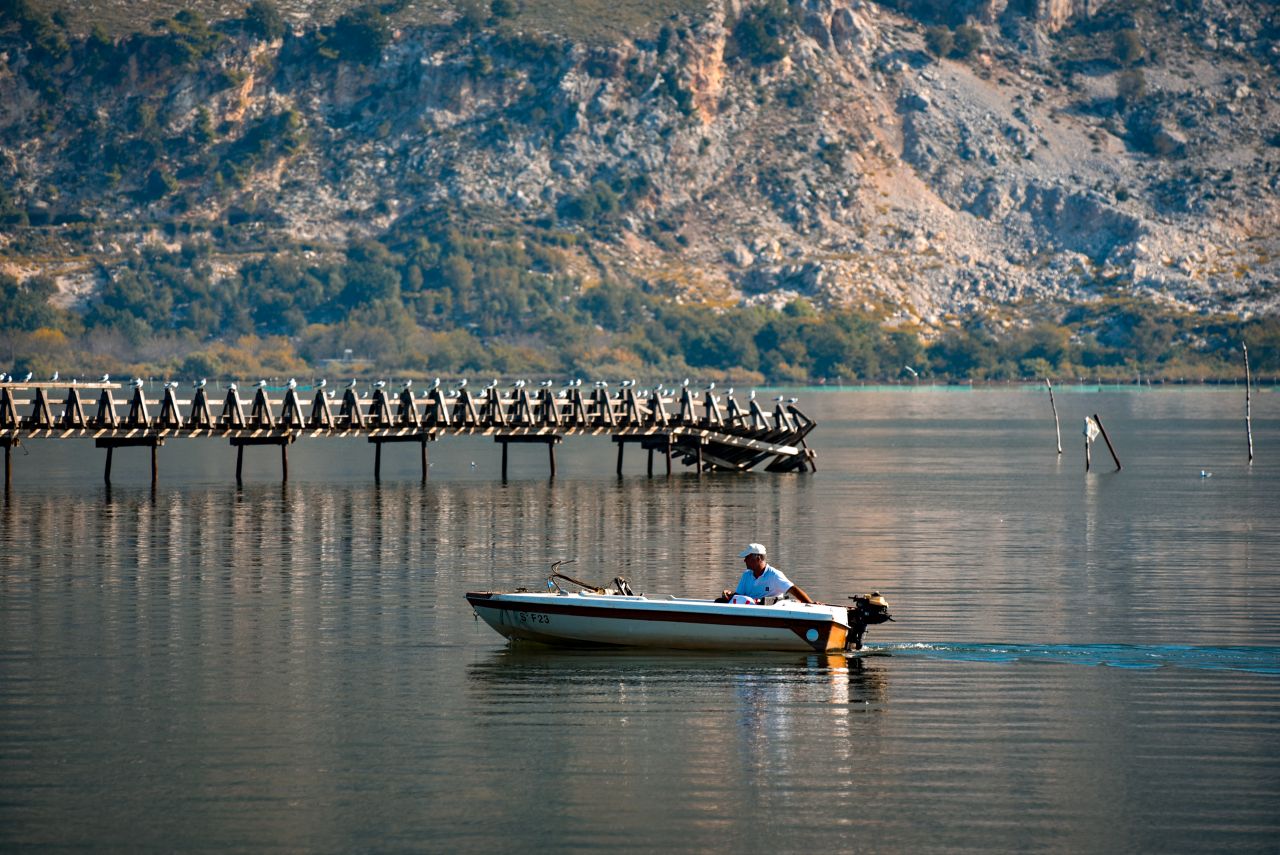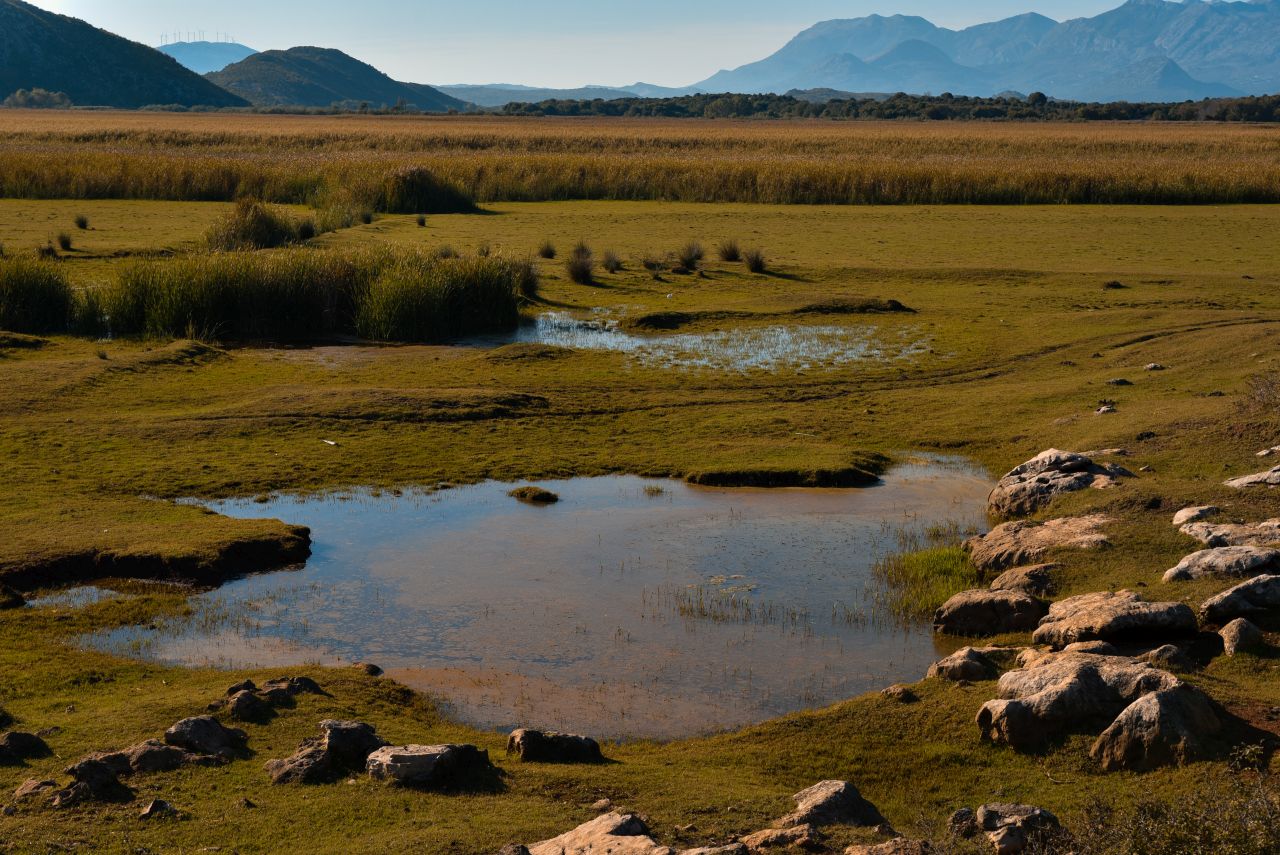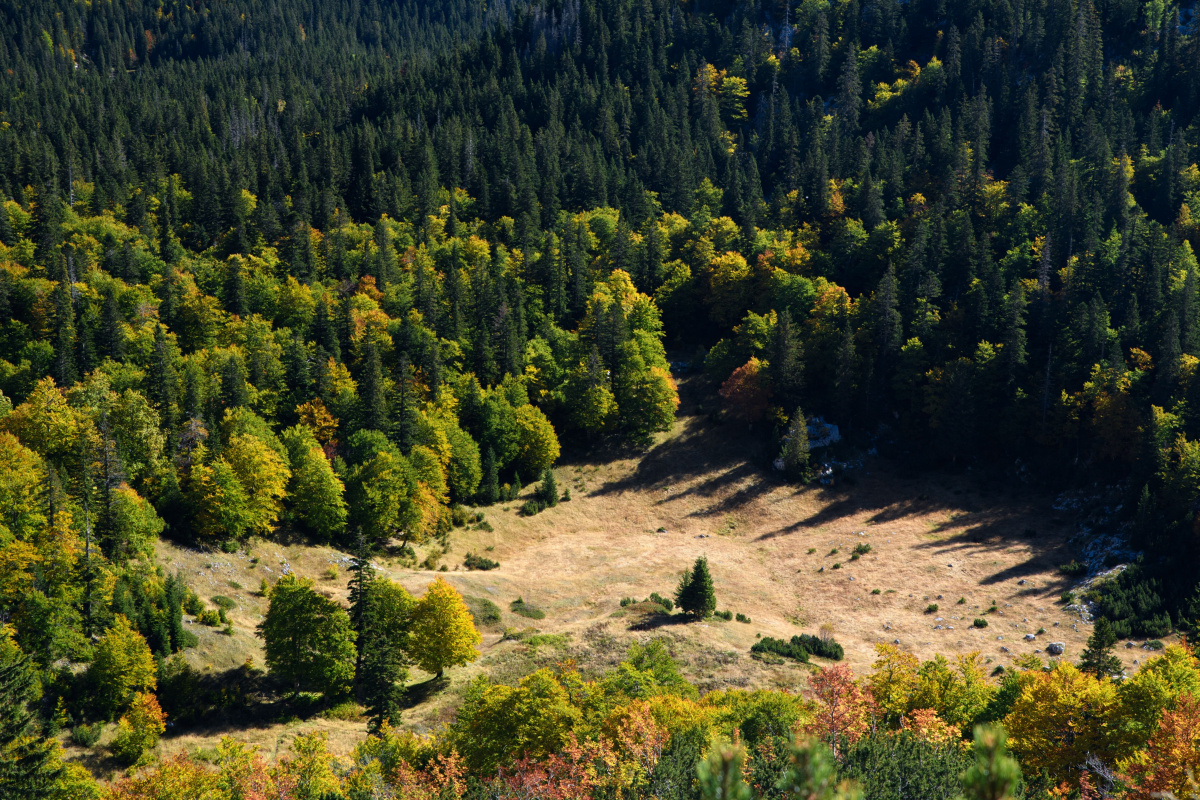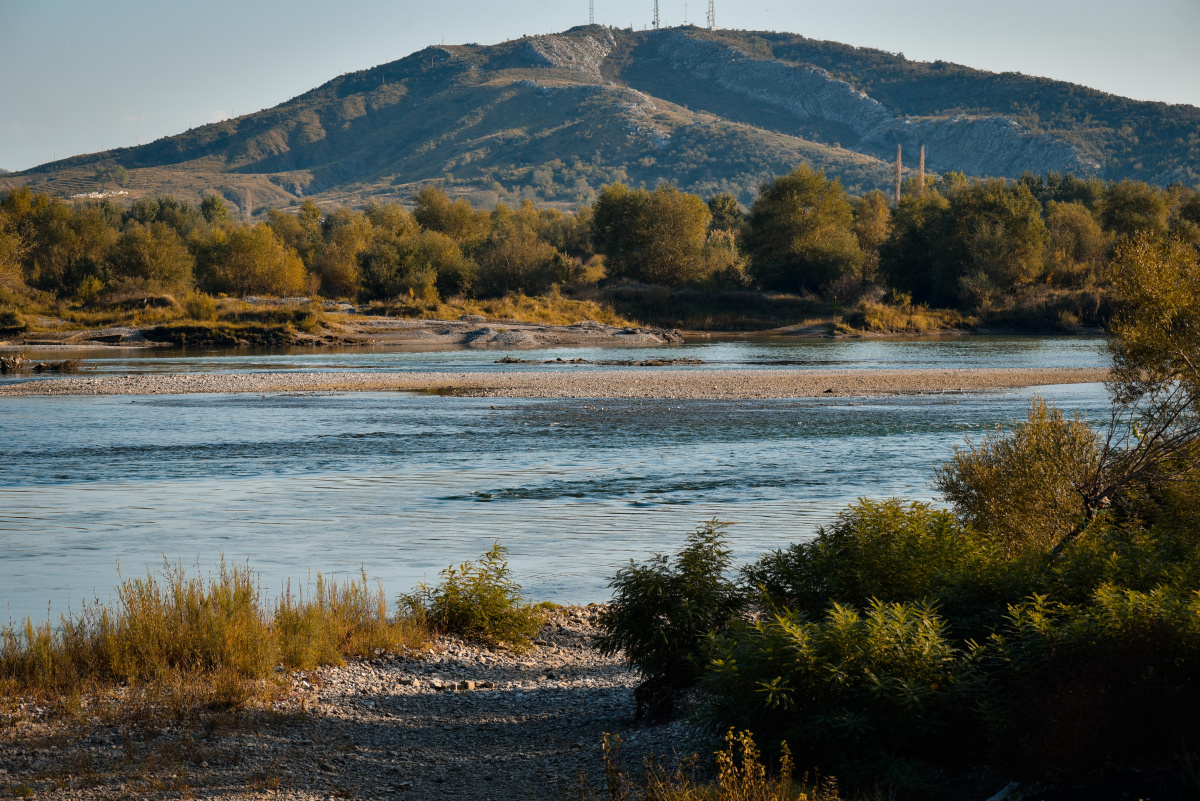Paving the road to the green economic development in the Buna Delta
IUCN and Living Buna partners are encouraging sustainable socio-economic development in north Albania, by focusing on the ecosystem and habitat restoration through the community based actions, in an area of 23,000 ha of the Buna Delta.
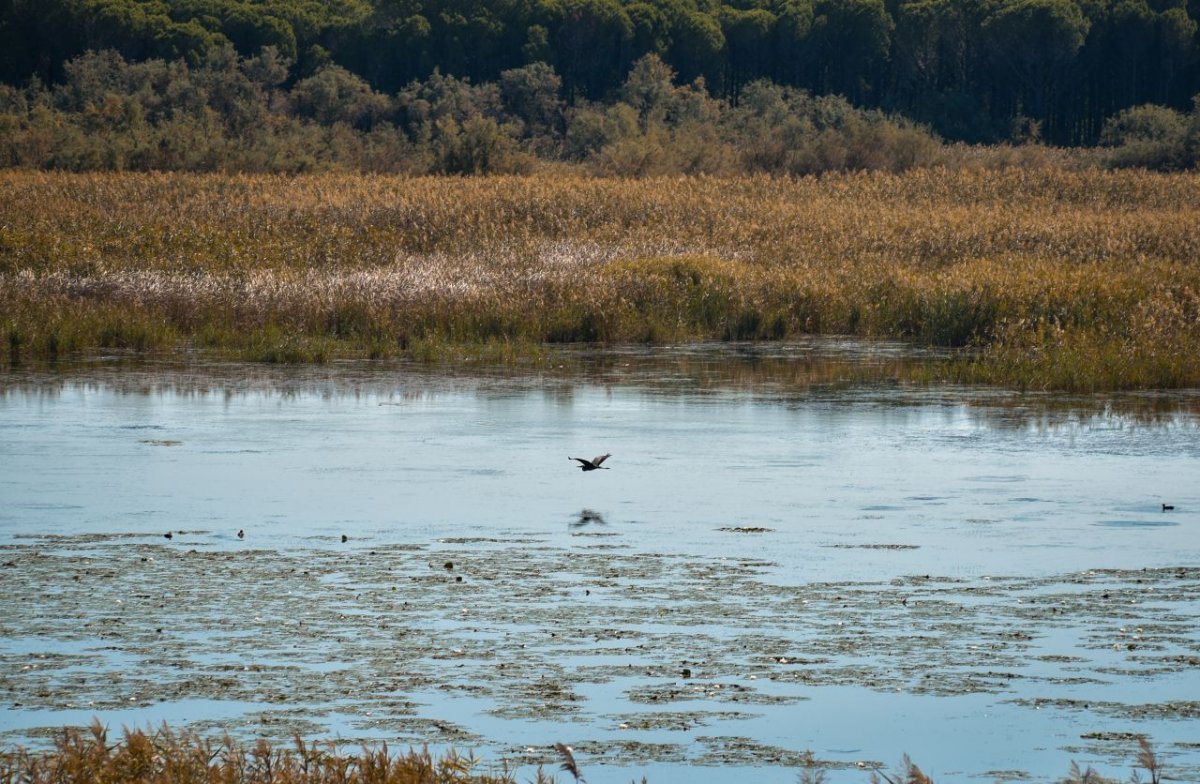
Buna wetlands, Albania
Photo: © IUCN ECARO
Situated in the Eastern Mediterranean, the Buna Delta is a wetland of manifold importance for the local community and the nature it safeguards. It shelters rare and endangered species, such as pygmy cormorant, Eurasian otter, golden jackal and sturgeon. Its healthy wetlands support crop and livestock production, fishing and tourism around the Buna River – a source of income for approximately 36,000 inhabitants.
However, the Buna Delta is increasingly facing diverse pressures, ranging from unsustainable agriculture and fishing, water abstraction and pollution, to coastal habitat destruction caused by the infrastructure development, and mass tourism.
Aiming to reverse this trend and build the resilience of both the local communities and ecosystems they rely on, ‘Action for Buna’ granting scheme helped materialise 15 proposed ideas, with the support of the MAVA Foundation.
The overarching theme of all the actions was awareness raising on the importance and value of the Buna Delta wetlands for the livelihood of the local community and the implementation of its management plan. Most of the grantees focused on making the tourism practices more sustainable, for example by engaging with the local fishing community to promote ecotourism fisheries or boosting the ecotourism options in the Dajçi area and in Baks-Rrjoll. Several tour packages that were launched in the Buna River, Velipoja Beach and Viluni lagoon, now integrate clean sport activities.
When it comes to coastal habitat restoration, the grantees invested their efforts into restoring coastal dunes, and natural forest habitats by planting native poplar, and oak species in the Shkodra Municipality.
A number of actions focused on the promotion of agricultural products in the area of Ana e Malit, as well as on the development of the agro–touristic model that included activities such as the improvement of sewage system, and animal waste management in the selected farms.
Finally, the last set of site-based actions supported the transition to clean energy provided by solar panels or green infrastructure development, including the installation of more efficient irrigation systems, and improvement of agricultural practices and water usage in individual households.
Being fully aligned with the Buna Delta Management Plan, the supported activities directly contribute to the achievement of the Aichi Target 11 of the Convention on Biological Diversity, as well as to a number of Sustainable Development Goals, such as the SDG 11: Sustainable Cities and Communities, SDG 14: Life Below Water, and SDG 17: Affordable and Clean Energy.
The ‘Action for Buna’ granting scheme will see its second phase in the spring of 2021.
